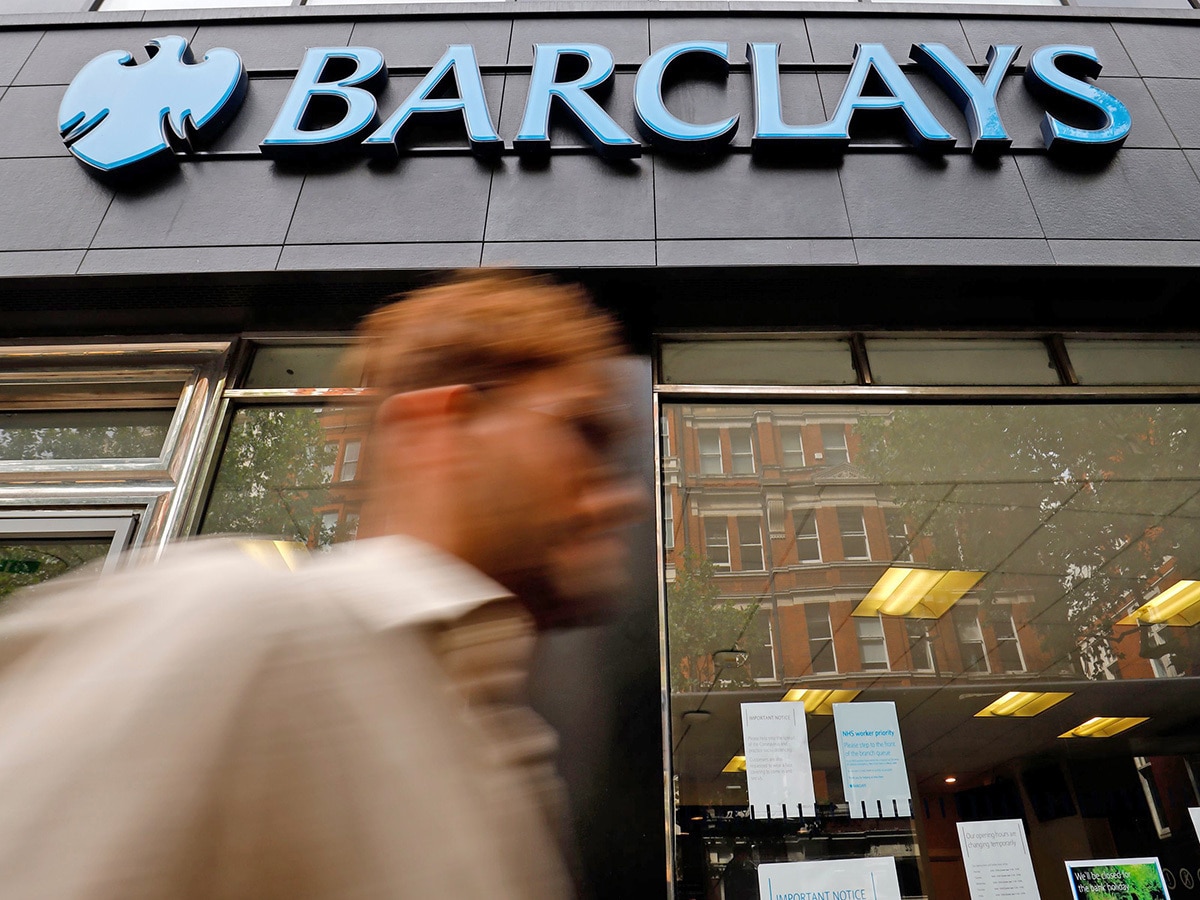Barclays’ [BARC.L] share price is lagging behind other UK banks. Over the past year, the stock is up circa 19% (as of 30 June). However, Barclays’ share price remains behind both Lloyds [LLOY.L] 34% gains in the same period and Natwest’s [NGW.L] 22% bump.
While Barclays’ share price’s double-digit gain is nothing to be sniffed at, over a three-month period, the stock has taken a tumble, down over 5% in contrast with Lloyds and Natwest’s continued gains.
That fall comes despite posting stellar first-quarter results, signalling that the bank’s underlying business is well on the path to recovery after the ravages of the coronavirus pandemic. Yet, the bank remains cautious over the UK’s recovery, which could be dampening sentiment for Barclays’ share price.
19%
Barclay's YTD share price rise
So, does the current dip in Barclays’ share price represent a buying opportunity, or should investors look elsewhere?
How Barclays’ share price reacted to BoE announcement
There was hope that the Bank of England’s (BoE) Monetary Policy Committee (MPC) would take a hawkish approach to inflation concerns, possibly even signalling that a change in interest rates could be on the cards when it met on 24 June.
A change in interest rates would be good news for Barclays’ share price and the UK’s other big banks, which make the bulk of their money from credit card and mortgage payments.
That wasn’t to be with the committee voting unanimously to keep interest rates at 0.1%, along with an eight to one vote to keep its asset purchasing scheme going until the end of the year.
“The committee’s central expectation is that the economy will experience a temporary period of strong GDP growth and above-target CPI inflation, after which growth and inflation will fall back” - Monetary Policy Committee
“The committee’s central expectation is that the economy will experience a temporary period of strong GDP growth and above-target CPI inflation, after which growth and inflation will fall back,” the MPC said in a dour assessment of the meeting.
According to the Financial Times, minutes from the meeting signalled that “some members of the MPC might be ready to vote for higher interest rates or ceasing QE in the next few months”, although it seems that more data on how the UK economy is performing is needed.
Barclays’ share price ended Thursday’s (29 June) session 1.19% higher as markets digested the news. Lloyds and Natwest’s share prices were similarly muted following the announcement.
Does Barclay’s lagging share price represent an opportunity?
Barclays’ share price woes coincide with activist investor Edward Bramson’s three-year campaign to unseat Barclays CEO Jes Staley and force the bank to reduce its investment banking business.
Bramson’s campaign recently came to a close, and it’s worth noting that the investment side of the business saw a surge in business during the pandemic, while the retail side was hit by having to set aside large loan provisions.
In its first-quarter results, Barclays reported a net profit of £1.7bn, topping analysts’ expectations of a £1.3bn haul. Helping profits was a reduction in loan impairment charges, which came in at £55m compared to the eye-watering £2.1bn in the first quarter of 2020.
£1.7billion
Barlcay's Q1 net profit
The investment side of the business also had a strong quarter despite slipping 1% year-on-year, posting a total income of £3.6bn, with £932m coming from equity trading, up 65% year-on-year and helping offset some of the losses from the fixed income side.
However, unlike other UK banks, Barclays has not reduced the billions earmarked for bad loans and overall has sounded more cautious on the prospects for the UK economy.
“While evidence of recovery is encouraging, we have continued to take a cautious view of the impact of the pandemic on the business,” said chief executive Jes Staley. “Headwinds to income in Barclays UK are expected to persist in 2021, driven by the subdued demand for unsecured lending and the low interest rate environment.”
“Headwinds to income in Barclays UK are expected to persist in 2021, driven by the subdued demand for unsecured lending and the low interest rate environment” - chief executive Jes Staley
This caution may explain the relatively dampened sentiment around Barclays’ share price right now. However, for those looking to buy into the banking sector’s recovery but who are concerned that they may be too late in the cycle, the current slip in Barclays’ share price could be worth further investigation.
Barclays’ share price carries a 221.84p average price target from the analysts tracking the stock on Yahoo Finance. Hitting this would see a 28% upside from its 29 June close.
Disclaimer Past performance is not a reliable indicator of future results.
CMC Markets is an execution-only service provider. The material (whether or not it states any opinions) is for general information purposes only, and does not take into account your personal circumstances or objectives. Nothing in this material is (or should be considered to be) financial, investment or other advice on which reliance should be placed. No opinion given in the material constitutes a recommendation by CMC Markets or the author that any particular investment, security, transaction or investment strategy is suitable for any specific person.
The material has not been prepared in accordance with legal requirements designed to promote the independence of investment research. Although we are not specifically prevented from dealing before providing this material, we do not seek to take advantage of the material prior to its dissemination.
CMC Markets does not endorse or offer opinion on the trading strategies used by the author. Their trading strategies do not guarantee any return and CMC Markets shall not be held responsible for any loss that you may incur, either directly or indirectly, arising from any investment based on any information contained herein.
*Tax treatment depends on individual circumstances and can change or may differ in a jurisdiction other than the UK.
Continue reading for FREE
- Includes free newsletter updates, unsubscribe anytime. Privacy policy





